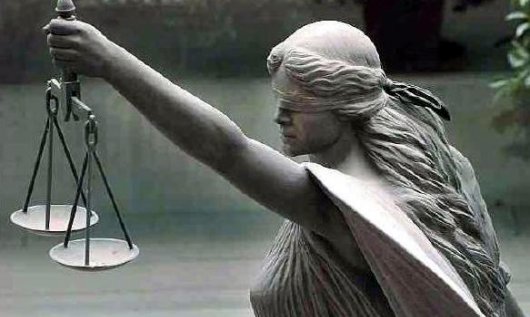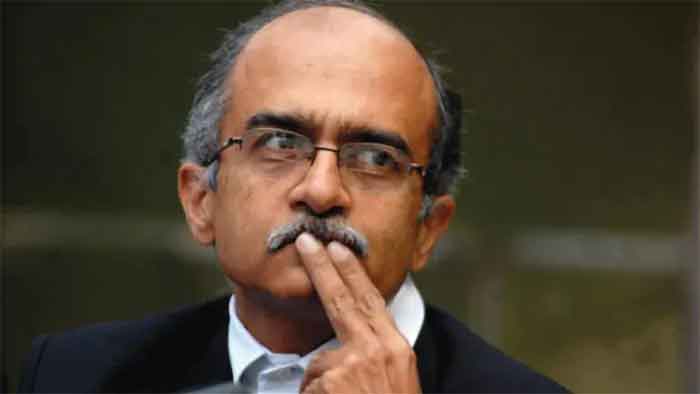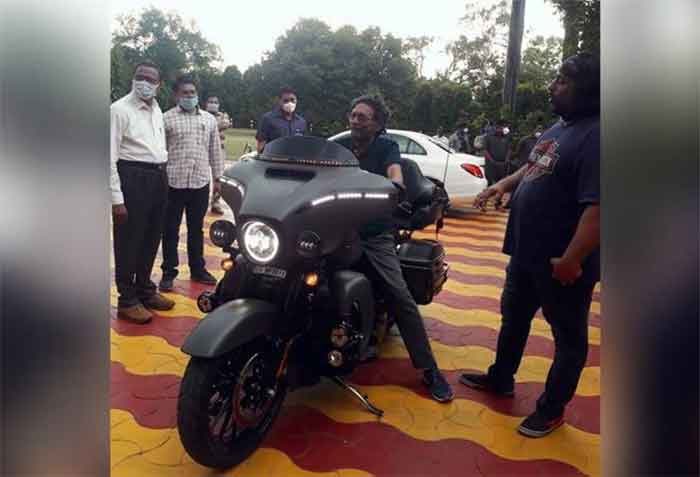
In April 1976, when the Emergency was in place in India, the New York Times in a glorifying article titled ‘Fading Hope in India’ eulogised the dissenting opinion of H.R. Khanna in the now famous ADM Jabalpur v Shivakant Shukla case (1976). The Times wrote thus;
“If India ever finds a way back to the freedom and democracy that were proud hallmarks of its first eighteen years as an independent nation, someone will surely erect a monument to Justice H. R Khanna of the Supreme Court.”
Justice Khanna himself in his autobiography Neither Roses, Nor Thorns wrote that before the pronouncement of the judgement, he along with his family went to Haridwar. While sitting on the banks of river Ganga, he told his sister, “I have prepared the judgement which is going to cost me the Chief Justiceship of India.” The rest, as they say, is history.
Now coming to the present, where independence of Judiciary is under question and judges giving dissenting opinions are too rare, a three-judge bench of Supreme Court ordered to send the question of restoring 4G connectivity in Jammu and Kashmir for a review to a “Special Committee” consisting of Union Home Secretary, Communications Secretary and the Chief Secretary of Jammu & Kashmir. Article 32 of the Constitution gives the mandate to the Court to enforce fundamental rights. Ironically the Court has ceded this mandate to the executive, which will examine the contentions of the petitioners as well as the “appropriateness of the alternatives” as suggested by them. Seemingly as solace, the constitution of a Special Committee is deeply problematic for at least two reasons:
First, this amounts to judicial abdication of responsibility. The Constitution entrusts the function of rights adjudication exclusively to the High Courts and the Supreme Court. Indeed, Article 32 of the constitution which “guarantees” the right to approach the Supreme Court to remedy the violation of fundamental rights, prohibits the Supreme Court from abdicating in this fashion. In Prem Chand Garg vs Excise Commr., 1963, Justice Gajendragadkar eloquently spoke about the nature of the guarantee contained in Article 32:
“It is true that [fundamental ] rights are not absolute….But, the scheme of Article 19 illustrates the difficult task of determining the propriety or the validity of adjustments made either legislatively or by executive action between the fundamental rights and the demand of socio-economic welfare has been ultimately left in charge of the High Courts and the Supreme Court by the Constitution…. The fundamental right to move this Court can, therefore, be appropriately described as the corner-stone of the democratic edifice raised by the Constitution. That is why it is natural that this Court should, in the words of Patanjali Sastri J., regard itself “as the protector and guarantor of fundamental rights”, and should declare that “it cannot consistently with the responsibility laid upon it, refuse to entertain applications seeking protection against infringements of such rights”…In discharging the duties assigned to it, this Court has to play the role “of a sentinel on the qui vive” and it must always regard it as its solemn duty to protect the said fundamental rights zealously and vigilantly.”
The Constitution, therefore, does not leave the Supreme Court with the option of abdicating its duties in favour of a committee no matter how special. Coupled with the general deferential approach evident from the judgement, this abdication by the Court might have the unintended and unfortunate effect of signalling to the government that the extraordinary situation in Jammu & Kashmir is a warrant to commit unconstitutional actions without accountability.
Second, passing the buck to the “Special Committee” amounts to making the executive a judge in its own case. The suspension order that was under challenge in the 4G case was passed by the Jammu & Kashmir government and the committee formed to decide upon the validity of that order includes the Chief Secretary of the same government (Respondent No.1 before the Court). The other two members of the Committee -the Union Home Secretary (Respondent No.2) and Union Communication Secretary – are both part of the Central government, which practically dictates the terms in Jammu & Kashmir. Therefore, this abdication by the Court completely abandons also the principle of checks and balances by asking the executive to review its own orders.
In State of West Bengal v Committee for the Protection of Democratic Rights, a constitution Bench of the Supreme Court has held that the power of judicial review by the high courts and the Supreme Court was part of the basic structure of the Constitution and was “essential to give practicable content” to the objectives of the fundamental rights. The apex court being the custodian of fundamental rights should display such a lack of urgency on important cases where the executive needs to do the explaining is certainly disappointing and dispiriting.
Pertinently, the Supreme Court in Anuradha Basin vs Union of India on 10th of January,2020 declared that ‘’the freedom of speech and expression and the freedom to practice any profession or carry on any trade, business or occupation over the medium of internet enjoys constitutional protection under Article 19(1)(a) and Article 19(1)(g)’’, the constitution of a review committee with members from the executive itself , the Supreme Court has failed itself to apply the relevant principles laid down in Bhasin.
Forty-four years down the line, when Justice H.R. Khanna gave the landmark Judgement that cost him his Chief justiceship, his fearless dissent at a time like the Emergency made him immortal and gained respect of people all across the world. No monument has been erected in the memory of this illustrious lordship as of now but his portrait still adorns the walls of Court Room No. 2 of the Supreme Court- the last Court Justice Khanna occupied before being superseded. The portrait is a reminder to those in its midst, of the heights to which judicial integrity and independence could lift a courtroom, higher even, than the doomed vault next door occupied by the Chief Justice. The Chief justiceship may not be superseded today, but justice surely is!
(with inputs from Shrutanjaya Bharadwaj)
Nadeem Khurshidi is Research Scholar, AMU Aligarh. Email; [email protected]
SIGN UP FOR COUNTERCURRENTS DAILY NEWS LETTER













































